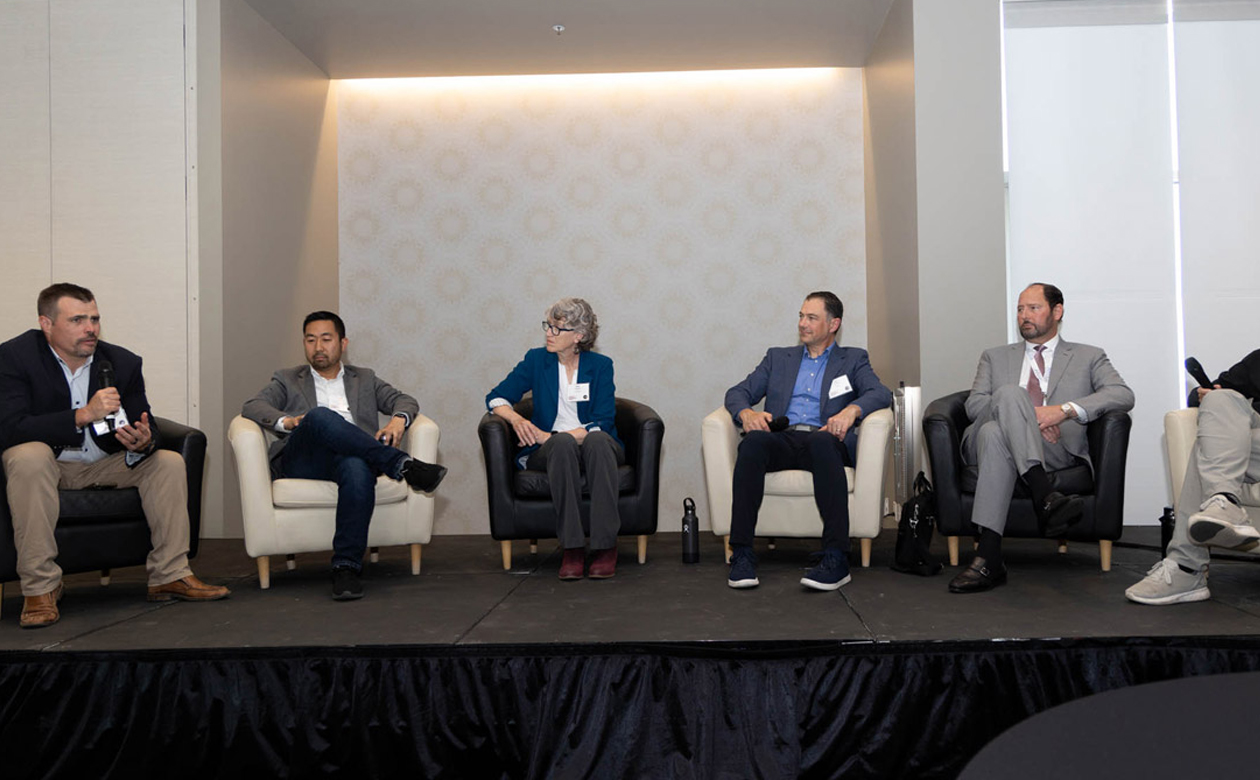U President Taylor Randall announced the $100 million initiative in October 2023. Since then, initiative director Manish Parashar and his team have been working with academics across campus to define specific use cases in three areas that play to university strengths: the environment, health care and wellness and teaching and learning. Reports from working groups will be done by the end of June, and summit insights will guide RAI leaders as they build public-private partnerships to accomplish their goals.
“Even with a huge investment such as this, we cannot do it without partnership,” said Parashar, who leads the U’s Scientific Computing and Imaging Institute and formerly served as co-chair of the White House’s National Artificial Intelligence Research Resource Task Force. “We need to work closely with all of you from industry, from government, from national labs … We’re hoping we can do that at this event. We can start that partnership process.”
At the daylong summit, experts from various fields discussed how they can join forces to address AI challenges and opportunities. Health care panelists spotlighted current and future AI applications, such as detecting when an orthopedic patient falls, predicting and diagnosing illnesses, summarizing and simplifying doctor-patient communications, translating for non-English-speaking patients and using wearable devices so rural patients, for instance, can be monitored remotely. Panelists stressed the need to recruit and retain top health care workers who want to collaborate on AI projects like these. “Our biggest competitive advantage here at the university is the default answer is ‘yes’ most of the time,” said moderator Jim Hotaling, a U surgeon and the associate vice president for research innovation and translation. “People here are very, very collaborative.”
During the workforce development panel, Bassam Salem, a member of the U’s Board of Trustees, said that as AI is increasingly used for simple tasks, institutions like the U can retrain people to be productive in other areas. “Gone are the days where we expect someone to pick their 40-year career at the age of 18. Education is going to truly have to be lifelong, which is great for us as a university.” Deborah Keyek-Franssen, associate vice president and dean of University Connected Learning, proposed partnering with businesses to design credentials around AI skills needed in the workplace. Jefferson Moss, a state legislator and the associate commissioner of innovation for the Utah System of Higher Education, said Utah needs to be even nimbler than it already is. “In the last six months, how much have things changed with AI? And how do you move faster?” One solution the state is working on, Moss said, involves empowering university presidents to drive innovation. Industry partners, he added, can bolster workforce development by contributing resources to support new educational programs.
AI requires massive computing power, which can cost billions. Experts discussed solutions ranging from building a new supercomputer to leveraging existing resources and commercial services to pursue RAI projects. Panelists agreed on the need for a state-wide, accessible cyberinfrastructure to provide AI-ready computing power, data and expertise and drive AI research and development—and the need to partner to achieve this.
Policy panelists discussed how to maintain a balance between innovation, safety and security. Margaret Busse, executive director of the Utah Department of Commerce, said the state is making strides. In addition to One-U RAI, Utah has a newly formed Office of AI Policy that can generate policy and offer regulatory relief to encourage innovation. “We’ve done some things here in Utah,” Busse said, “to leverage the work that’s already being done by folks like you in the room.”
And as featured speaker Kevin Williams said of the summit, “The grand hope is that rooms like this will start existing all over the country.”
Parashar and his team encourage summit guests and any other stakeholders to email
Learn more about RAI here

